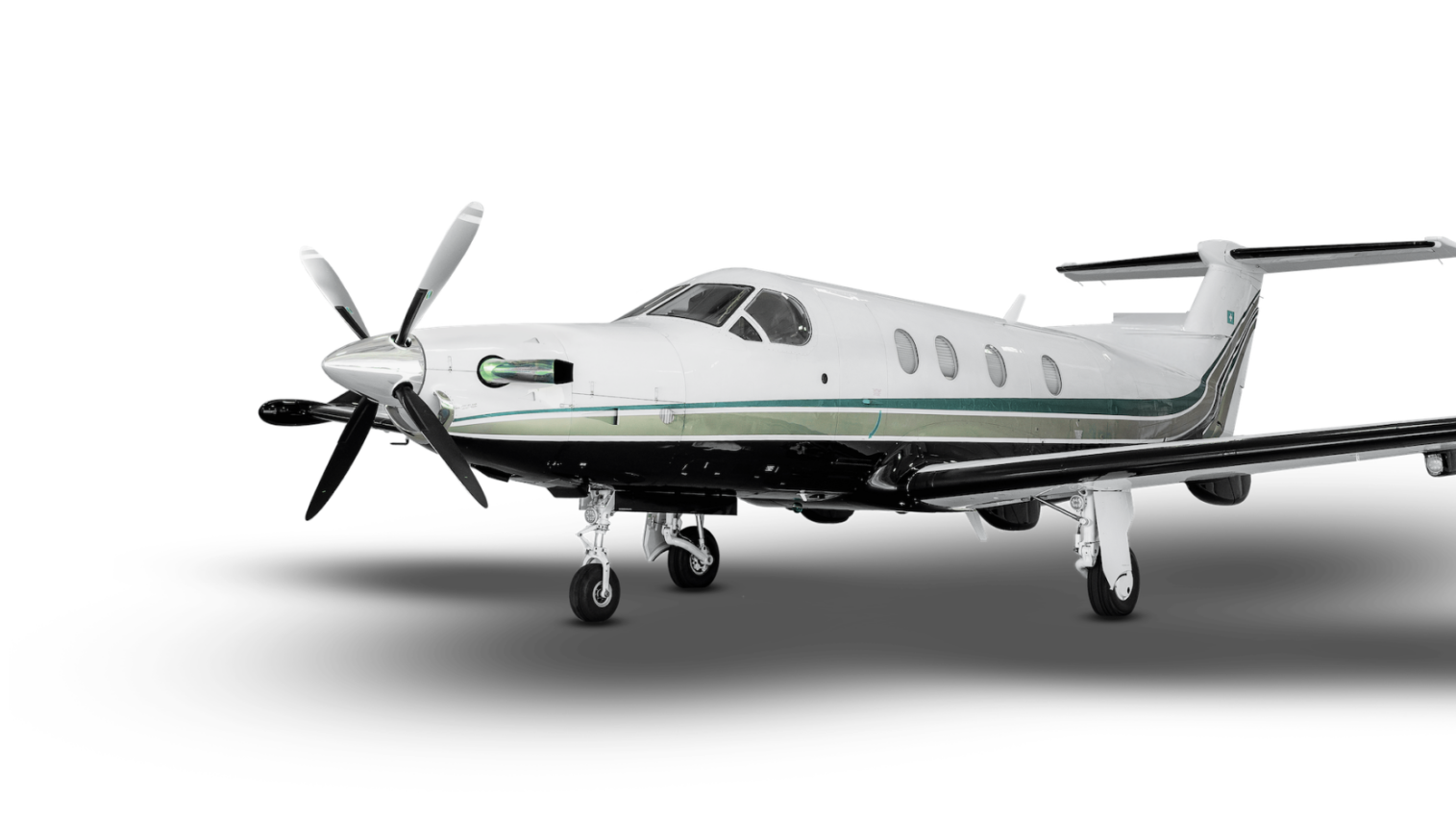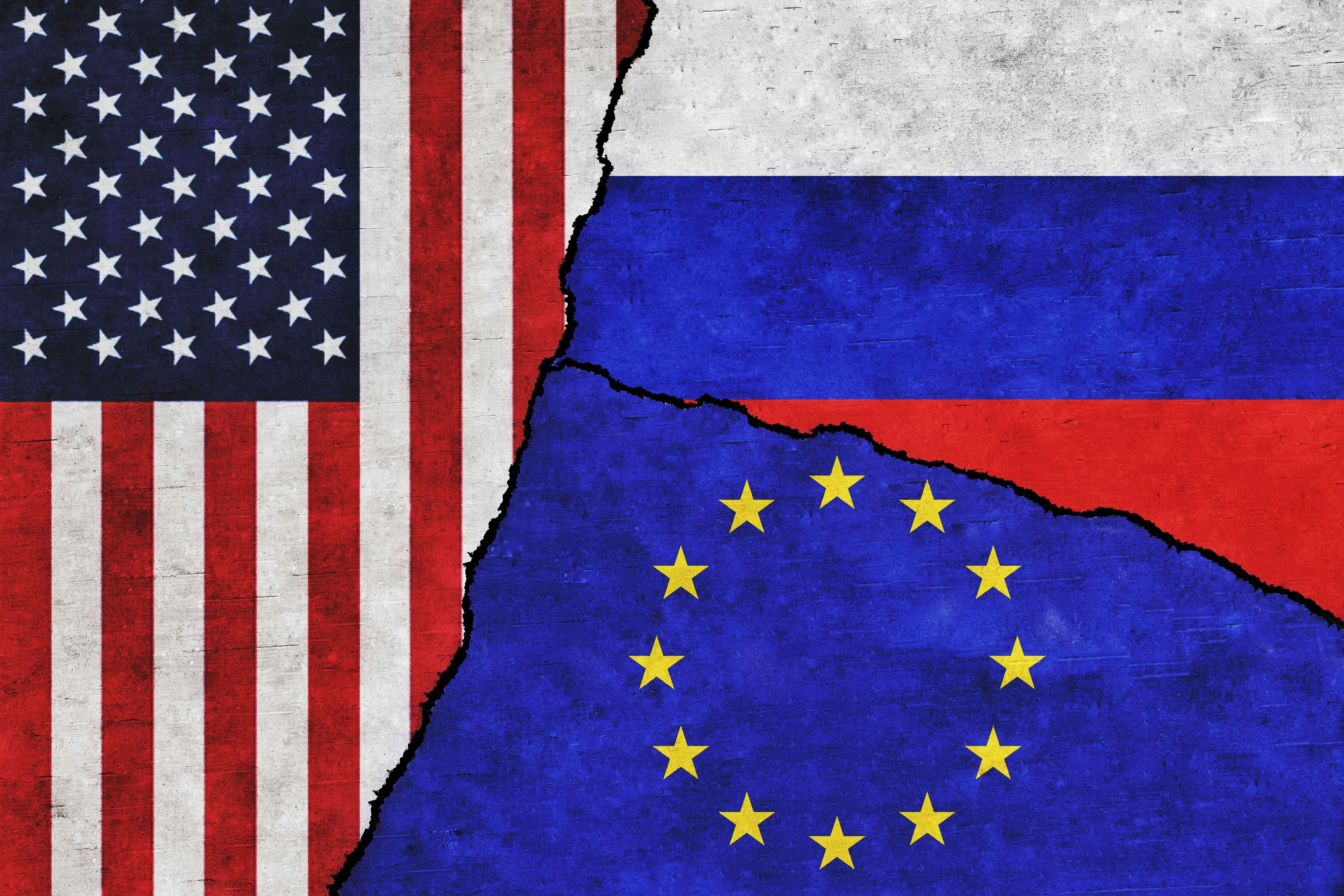

Sanctions against Russia could extend more broadly to private aviation users than you contemplated. Impacts reach buying jets and possibly current fractional shareowners and even chartering private jets.
David Hernandez is a partner at Vedder Price. The former DOT and FAA attorney warns the U.S. government takes a “shoot first, ask questions later” approach.
On Wednesday, U.S. Attorney General Merrick Garland announced Task Force KleptoCapture, an interagency law enforcement task force “dedicated to enforcing the sweeping sanctions, export restrictions, and economic countermeasures that the United States has imposed, along with allies and partners, in response to Russia’s unprovoked military invasion of Ukraine.”
In a prepared statement, Garland told reporters, “We will leave no stone unturned in our efforts to investigate, arrest, and prosecute those whose criminal acts enable the Russian government to continue this unjust war. Let me be clear: if you violate our laws, we will hold you accountable.”
The maximum penalty under several of these authorities is 20 years in prison.
Speaking at Corporate Jet Investor’s Town Hall yesterday, Hernandez and others said legal action could be taken against individuals and companies that are judged to have helped others circumvent the sanctions.
Sanctions already in place ban Russian registered private jets and those owned by Russian entities from operating in the E.U., UK, Canada, and the United States from yesterday. That includes overflights.
One possible implication is fractionally owned private jets.
Shareowners buy into a specific tail number, even if they don’t fly in those jets. The shared ownership can include up to 16 owners in a single aircraft. In other words, your jet could have a Russian owner, and that’s the issue.
Hernandez tells Private Jet Card Comparisons, in the U.S., “The entire aircraft is likely tainted from an OFAC (Office of Foreign Assets Control) and BIS (Bureau of Industry and Security) perspective. The fractional company will probably say it’s an event of default, and they have to buy back the share (from the Russian beneficiary) and will need a license from the OFAC if the person is sanctioned.”
He added, “I’m not sure how (fractional operators) are going to circumvent the to no-fly aspect (if a jet has a Russian owner). I don’t believe they will be able to and may have to expel (or) extinguish the Russian ownership interest (before the tail can fly).”
NetJets and Flexjet officials weren’t available for comment. However, another industry attorney says it’s likely they are already combing customer lists.
One scenario is a company that owns a share was subsequently purchased by a Russian-owned company after buying the share. In other cases, operators need to make sure that Russian ownership isn’t hidden behind opaque trusts.
“Russian companies are active in oil and gas, mining, real estate development. These are all industries that use fractional ownership. NetJets and Flexjet are probably going through their ownership rolls, checking it twice and three times,” one expert believes.
According to another source, E.U. authorities have yet to provide guidance on fractional jets with a Russian owner.
In the U.K., the British Business & General Aviation Association wrote on its website, “We assess that even a small percentage of ownership would be enough to trigger a breach.”
For shareowners, Hernandez says it makes sense to find out who the other owners are, regardless of the Russian situation. “It’s a multi-million dollar asset,” he notes.
If you are a fractional owner, there are currently no prohibitions on having Russian nationals as passengers. However, you should make sure it’s not because sanctions are preventing them from chartering a jet.
During the CJI webinar, one participant asked, “How does a charter operator or broker know that their ‘Spanish’ customer also has a Russian passport, and does that matter?”
Current sanctions allow Russian nationals as passengers on chartered private jets, says Alan Cunningham, a lawyer with DLA Piper. However, sanctions prohibit Russian nationals and companies from chartering jets.
According to Robert Baltus, European Business Aviation Association COO, E.U. sanctions state, “It shall be prohibited to participate, knowingly or intentionally, in activities the object or effect of which is to circumvent the prohibitions set out in this decision, including by acting as a substitute for the natural or legal persons, entities or bodies subject to those prohibitions, or by acting to their benefit by using any of the exceptions provided for in this decision.”
What’s clear is this. If you charter a private jet to help a Russian friend or client, you would be guilty of circumventing sanctions.
Beyond that, expect confusion.
Another person said, “Yesterday we had a flight with a European operator between Italy and France. Because the Captain was Russian – he has lived in the Czech Republic for the past 10 years – the aircraft was denied entry into France.”
There are thought to be only around 400 jets with Russian ownership, according to Richard Koe of WingX. But it’s not clear. Around 300 are registered across more than 40 other countries, including Austria, Malta, and the BVI. Many are held in trusts or opaque ownership formats.
Few of these aircraft are thought to be on charter certificates. Many are large-cabin jets and VIP Airliners.
Still, these jets are not allowed to operate in sanctioned countries. In other words, you may want to check who owns the jet before signing a charter contract.
Paul Jebely, a lawyer with Withers Worldwide, joined Cunningham and Hernandez in warning not to jump in and buy a jet without advice.
“Anytime you hear the word Russia should raise a red flag,” says Hernandez.
That means finding out if the aircraft you want to buy has hidden Russian ownership. It then means making sure it isn’t tied to a sanctioned individual or entity.
While the E.U. gave banks a 30-day grace period to review their client rosters, U.K. sanctions went into effect immediately.
“Some European operators have already received authority requests to provide transparency on aircraft ownership – legal owner and beneficial owner – because of sanctions,” said one Town Hall attendee.
If the jet is not owned by a sanctioned company or individual, you can buy it as of now.
Another participant noted, “Just discontinued a PC-24 transaction based on the involvement of a Russian broker and the potential for the aircraft being controlled by a Russian investor.”
Still, Hernandez recommends if you want a deal to wait. Seized jets will eventually be auctioned off, he predicts.